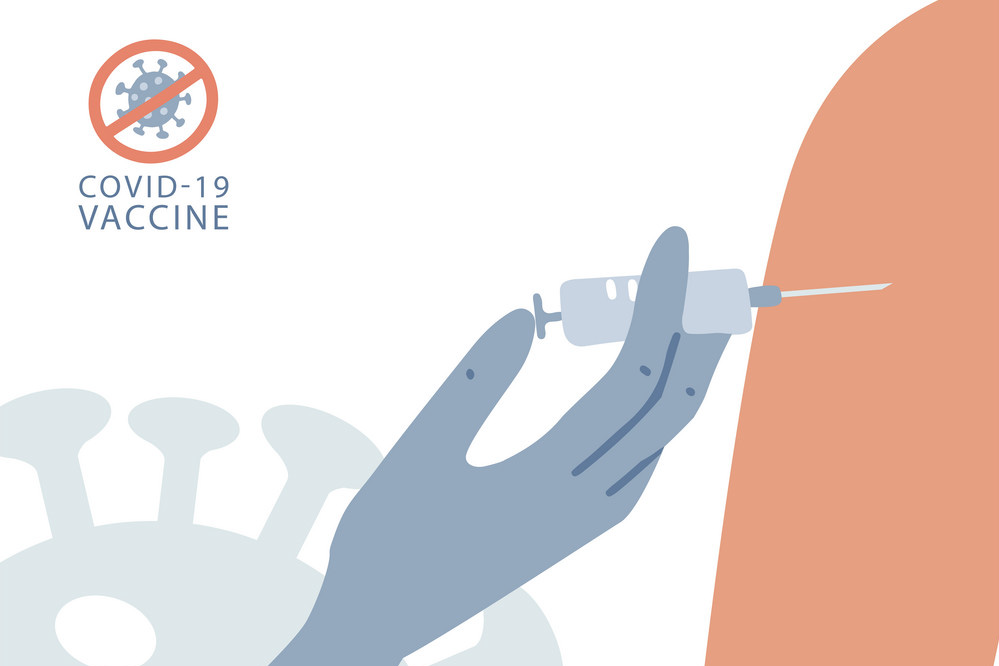
The U.S. Food and Drug Administration issued an emergency use authorization (EUA) for the third vaccine for the prevention of coronavirus disease 2019 (COVID-19) caused by severe acute respiratory syndrome coronavirus 2 (SARS-CoV-2). The EUA allows the Janssen COVID-19 Vaccine to be distributed in the U.S for use in individuals 18 years of age and older.
Read more
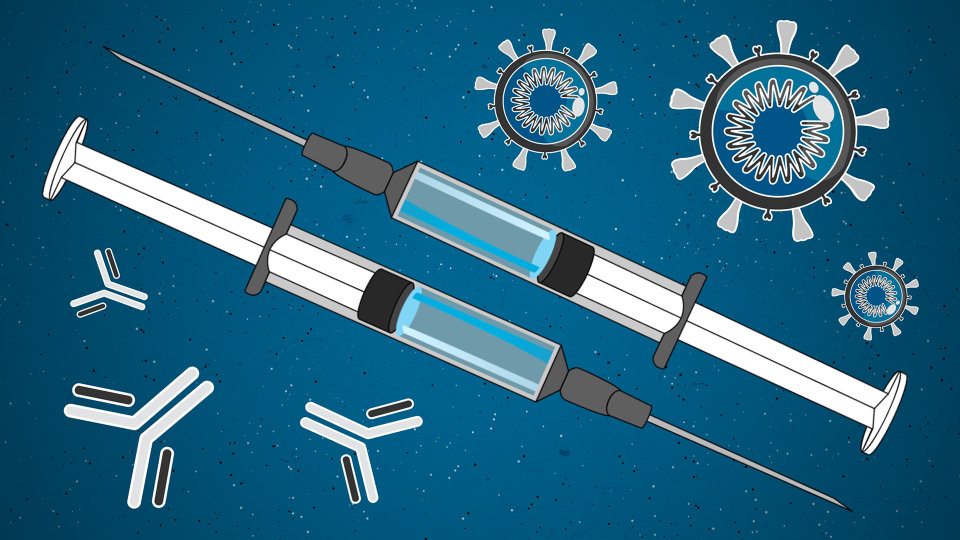
The United States currently has the safest vaccine supply in its history. Vaccine Safety is a vital part of the nation’s response to the COVID-19 pandemic. As vaccines are developed and become available, the public’s knowledge of their safety, both initially and during extended use, is an important part of a successful vaccination effort.
Read more
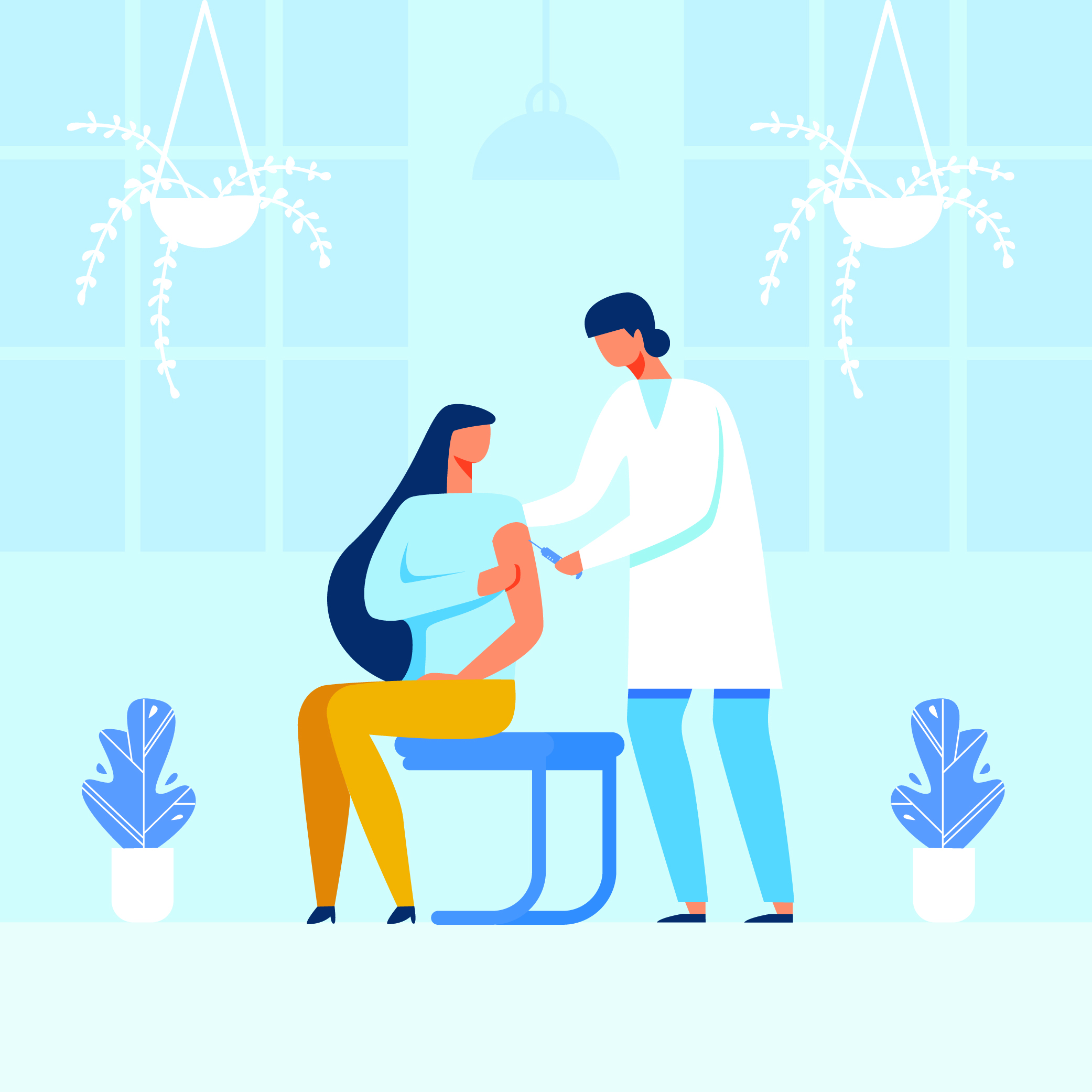
The Corona vaccine teaches our immune system how to recognize and fight the virus that causes COVID-19. Sometimes this process can cause symptoms, such as fever. These symptoms are normal and are a sign that the body is building protection against the virus that causes COVID-19. So vaccines are needed to protect us...
Read more
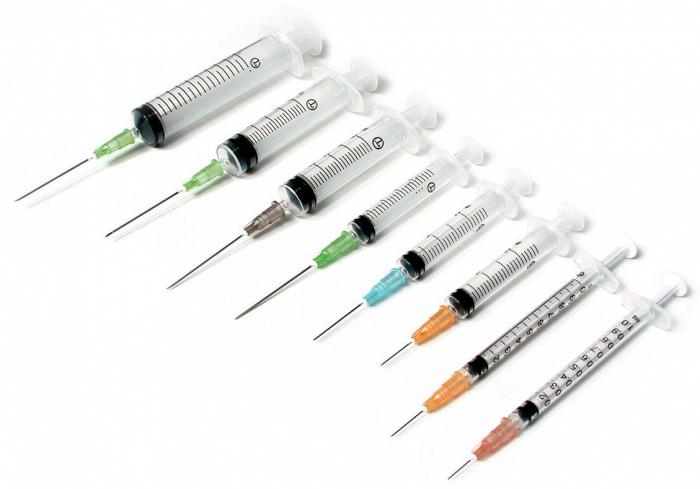
People with a history of severe allergic reactions should not get the Pfizer / Bioanth vaccine. This recommendation includes carriers of people who have been allergic to drugs, food or vaccines in the past. Those who have been shown to be allergic to the Pfizer vaccine have been treated and recovered. Allergic reactions are usually rare, but can occur with certain vaccines, such as the annual flu shot.
Read more
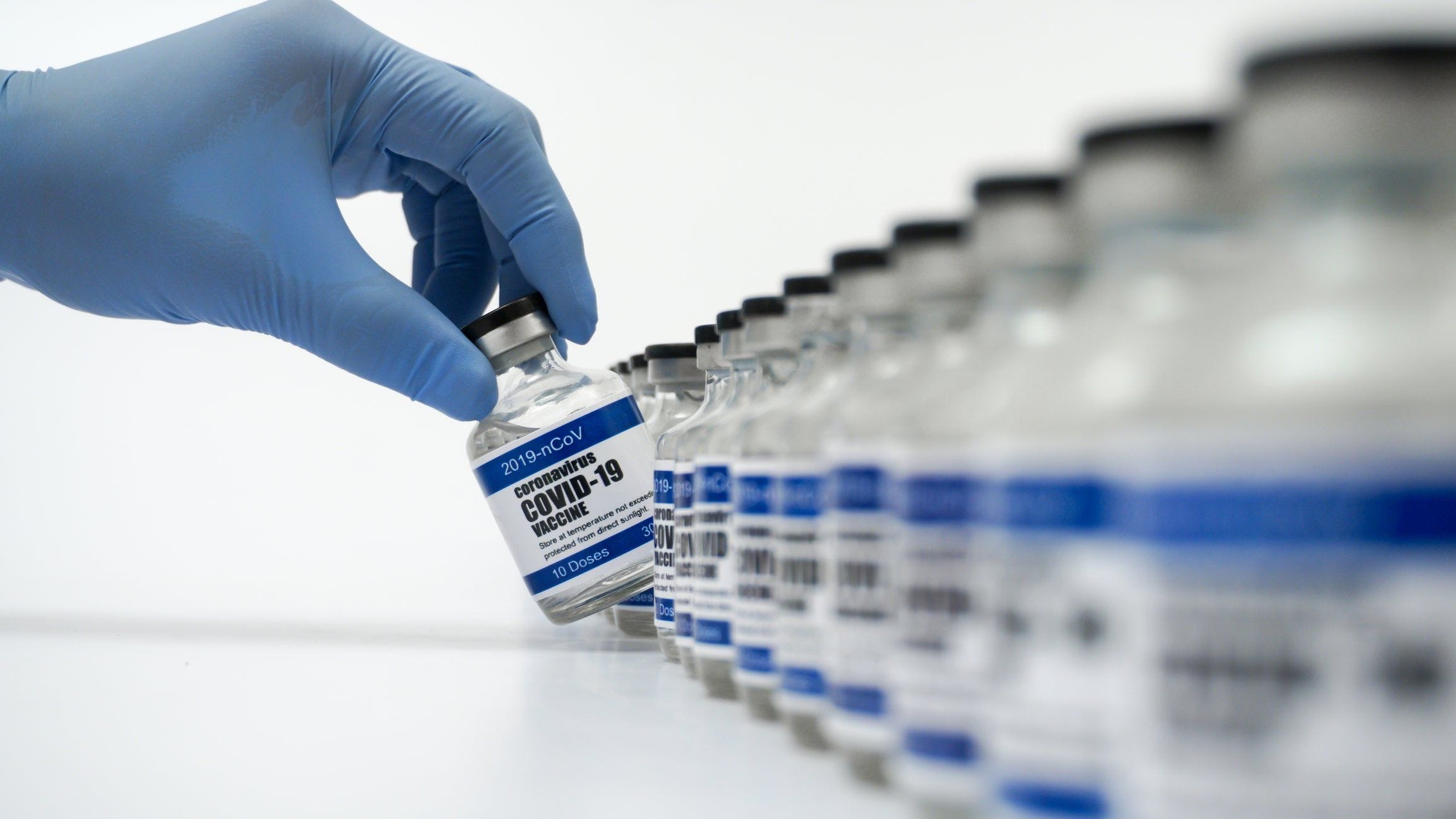
The seeds of doubt are being sown before a vaccine has even been approved. It is time to prepare the public for what could be a significant hurdle for any COVID-19 vaccine.
Read more
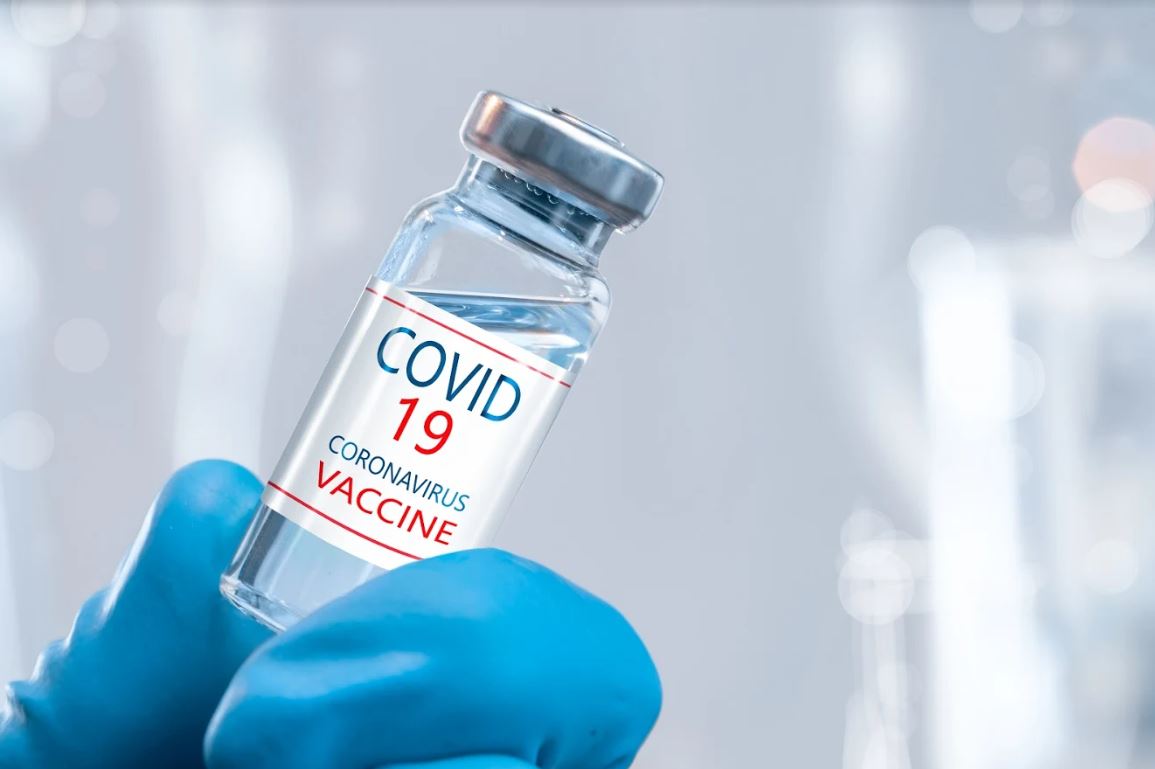
Throughout this pandemic, you've likely heard terms like Phase 1-2a trial and FDA approval, but what do these really mean—and at what point do they happen?
A vaccine would allow the body to safely develop an immune response to COVID-19 that could prevent or control infection.
it takes time to develop safe and effective vaccines – usually five to ten years on average. Despite promising reports about potential coronavirus vaccines being developed worldwide, it could take an estimated 12-18 months to develop one.
Read more

Vaccines contain the same germs that cause disease. (For example, measles vaccine contains measles virus, and Hib vaccine contains Hib bacteria.) But they have been either killed or weakened to the point that they don’t make you sick. Some vaccines contain only a part of the disease germ.
Read more








Recent Comments